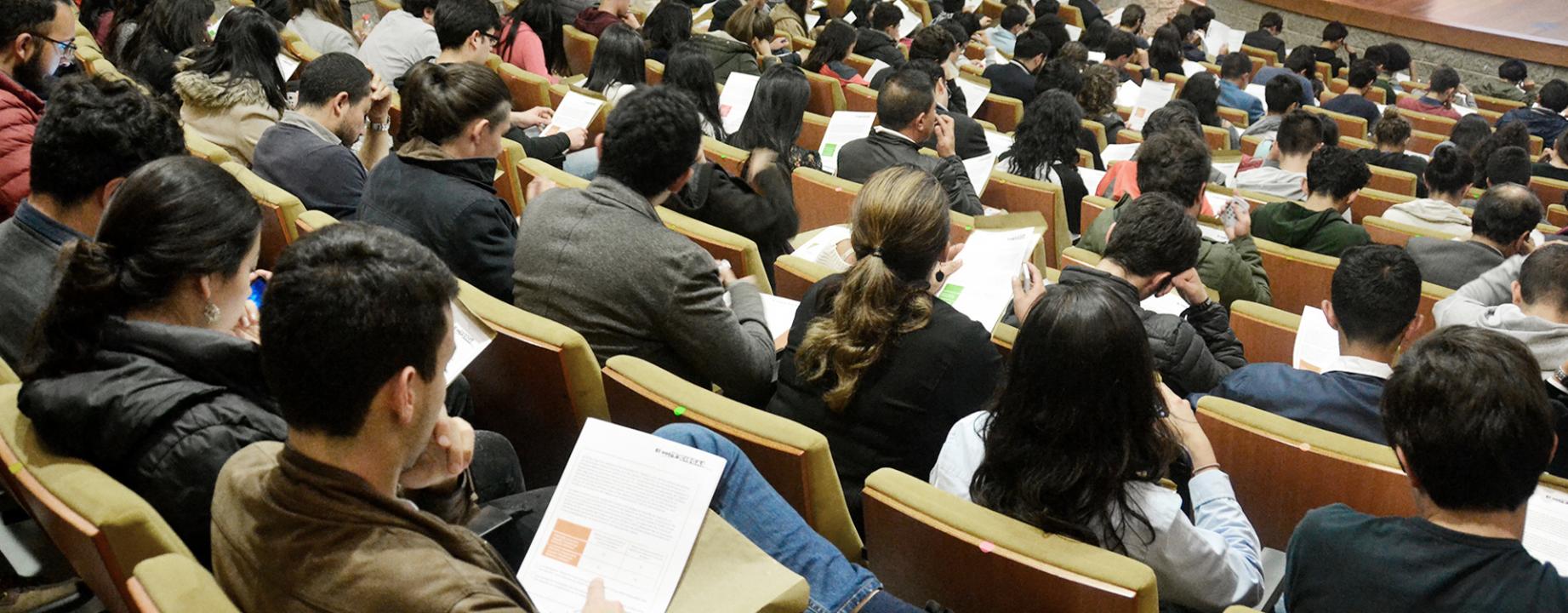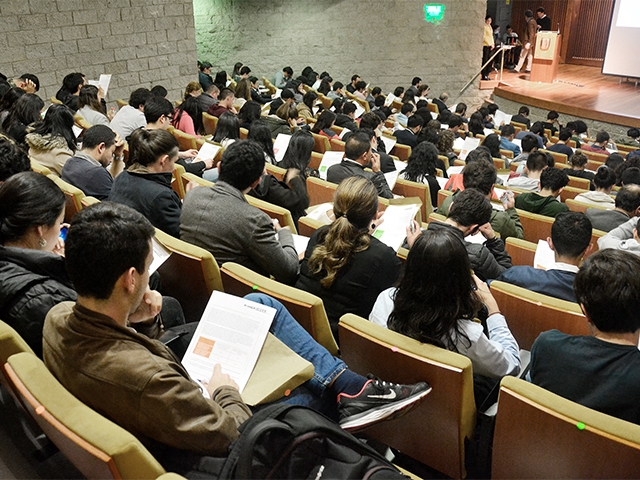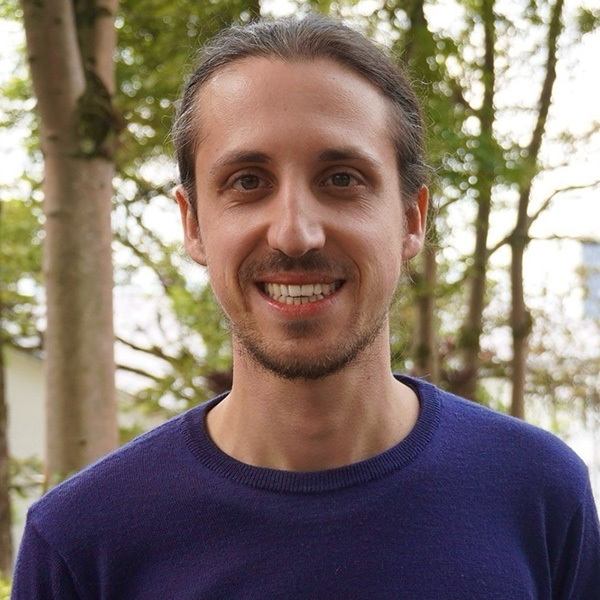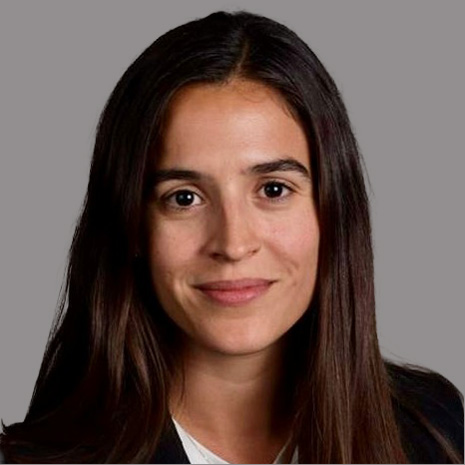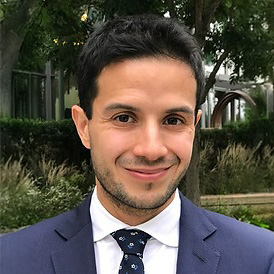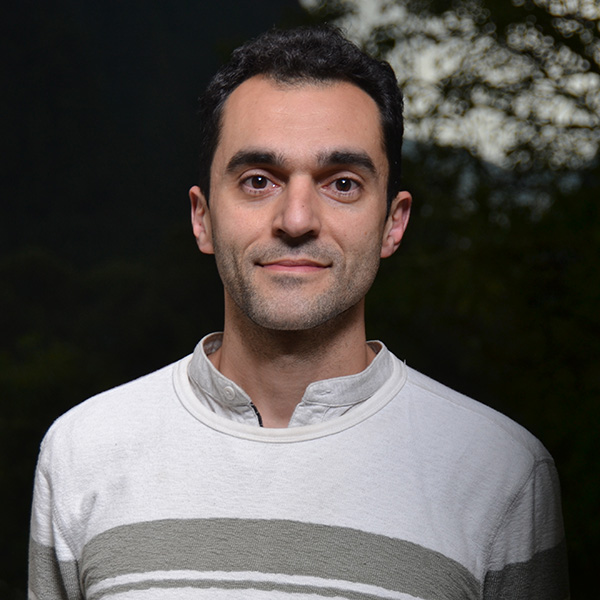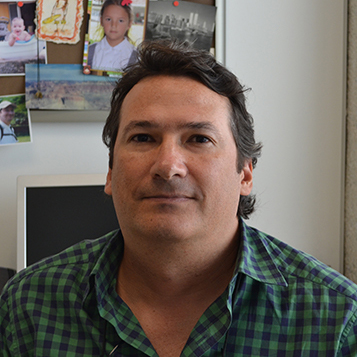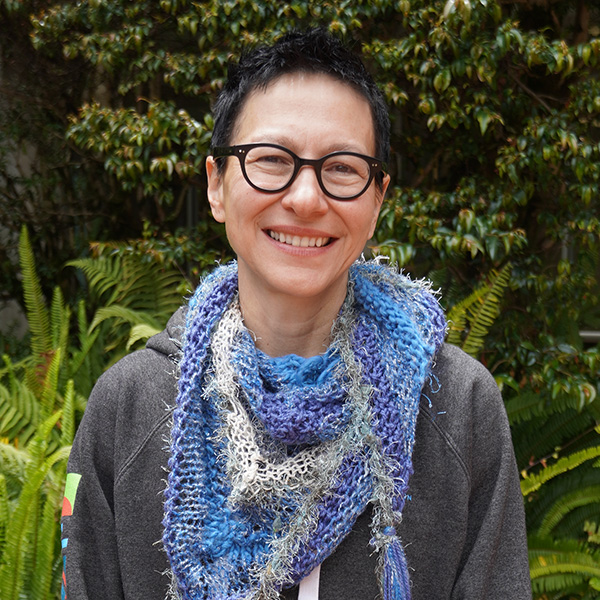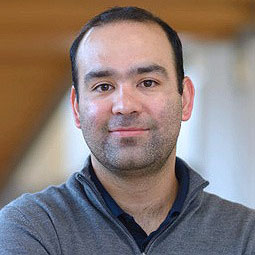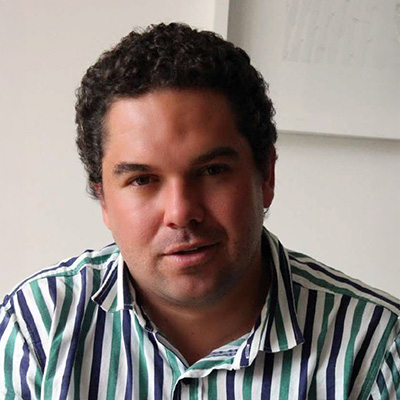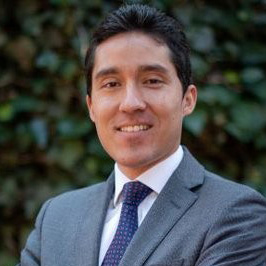Ver agenda Facultad de Economía | Ver en Google
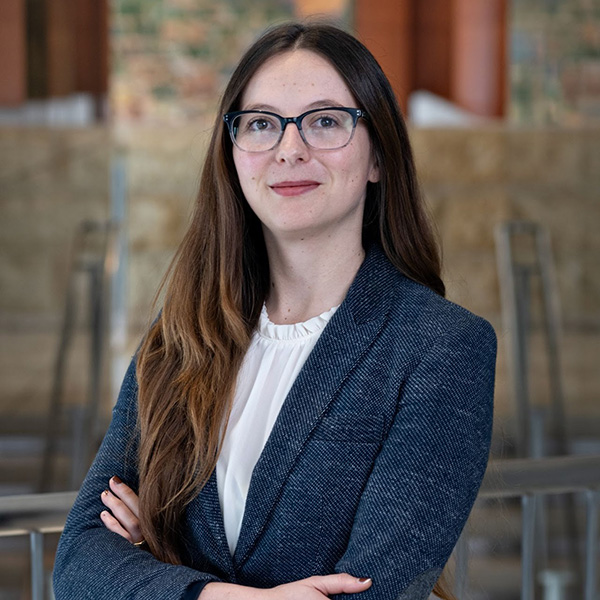
Jueves 29 de enero | 12:30 p.m. | W-101
Presenta: Juliana Gamboa - University of Minnesota.
When Does Sovereign Borrowing Pay Off? The Case for Public Investment
Sovereign borrowing allows governments to finance public capital investment but exposes them and their citizens to default risk, creating an important trade-off for developing countries. Given this trade-off, I analyze the welfare consequences of external sovereign borrowing. Empirically, I document that public investment is positively correlated with private investment, while higher public debt is associated with lower private investment. Motivated by these patterns, I develop a sovereign default model in which the government can borrow externally, allocate resources to public investment, tax, and transfer households. The private sector makes investment decisions while internalizing government policy. The model is calibrated to match the empirical correlations and reproduce the observed response of investment to default. I find that the welfare effects of market access depend on initial capital stocks: economies with low public and private capital gain from borrowing, as high returns to public investment outweigh future default costs, whereas economies with high capital levels experience welfare losses. Finally, I evaluate fiscal rules and show that those encouraging public investment or limiting debt accumulation improve welfare.

Viernes 30 de enero | 12:30 p.m. | ML-513
Presenta: Katarina Kuske - Bocconi University.
Co-Parenting and Careers after Divorce
Joint physical custody (co-parenting) is an increasingly popular post-divorce parenting arrangement, and while it benefits children, its economic implications for parents are theoretically ambiguous. I investigate empirically how co-parenting affects parents’ labour market outcomes after divorce, exploiting a custody reform in the Netherlands that encouraged co-parenting and increased its uptake by 7.6 percentage points among parents with young children. I find that mothers who divorce after the reform experience a 0.8% wage decline in an intention-to-treat framework relative to those divorcing before the reform, which implies an average wage loss of about 10% for compliers. This is driven by slower wage growth for mothers in the treatment group, who are less likely to move further away to access better-paid employment. The findings suggest that co-parenting ties both parents to a fixed location, reducing geographical mobility. Treated mothers also reduce their hours temporarily – largely due to rising overtime in the control group – while fathers’ wages and hours remain unaffected. The wage penalty is concentrated among mothers who were secondary earners during marriage and younger at the time of divorce. These patterns are consistent with couples placing greater weight on the primary earner’s career when making location decisions, which makes the post-divorce location constraint under co-parenting bind more tightly for mothers than fathers, thereby widening the gender wage gap. My results indicate an efficiency cost of location constraints under coparenting.
Lunes 2 de febrero | 12:30 p.m.
Por confirmar
Presenta: Giselle Labrador
Martes 3 de febrero | 12:30 p.m.
Por confirmar
Presenta: Isabel Di Tella
Jueves 19 de febrero | 12:30 p.m.
Por confirmar
Presenta: Michele Di Maio
Jueves 26 de febrero | 12:30 p.m.
Por confirmar
Presenta: Andrés Ham - Universidad de los Andes
Jueves 5 de marzo | 12:30 p.m.
Por confirmar
Presenta: Rachid Laajaj - Universidad de los Andes
Jueves 12 de marzo | 12:30 p.m.
Por confirmar
Presenta: Rakesh Vohra
Jueves 26 de marzo | 12:30 p.m.
Por confirmar
Presenta: Miguel Espinosa
Jueves 16 de abril | 12:30 p.m.
Por confirmar
Presenta: Sebastián Montaño - Universidad de los Andes
Jueves 23 de abril | 12:30 p.m.
Por confirmar
Presenta: Oscar Becerra - Universidad de los Andes
Jueves 30 de abril | 12:30 p.m.
Por confirmar
Presenta: Ursula Mello
Jueves 21 de mayo | 12:30 p.m.
Por confirmar
Presenta: Juan Escobar
